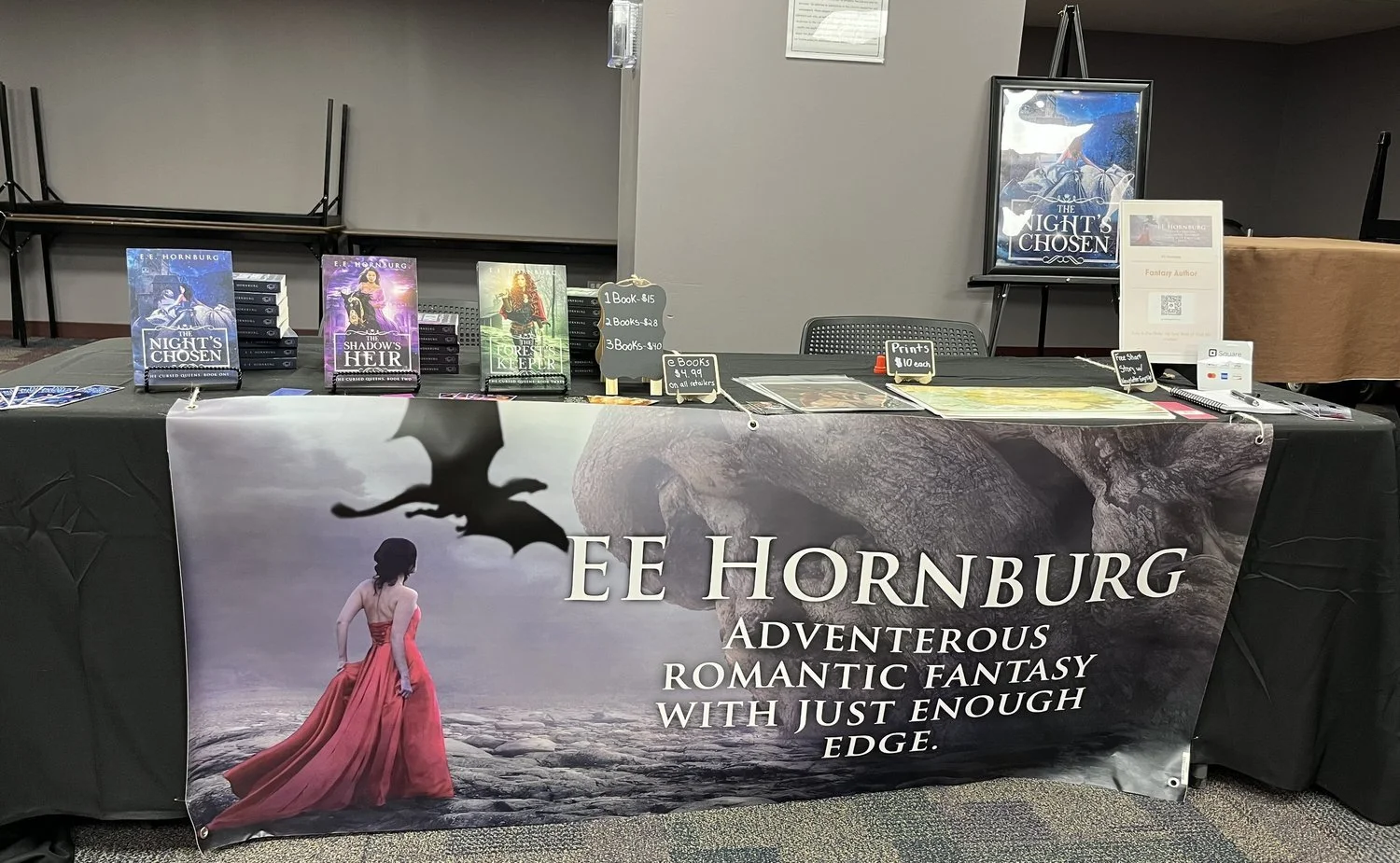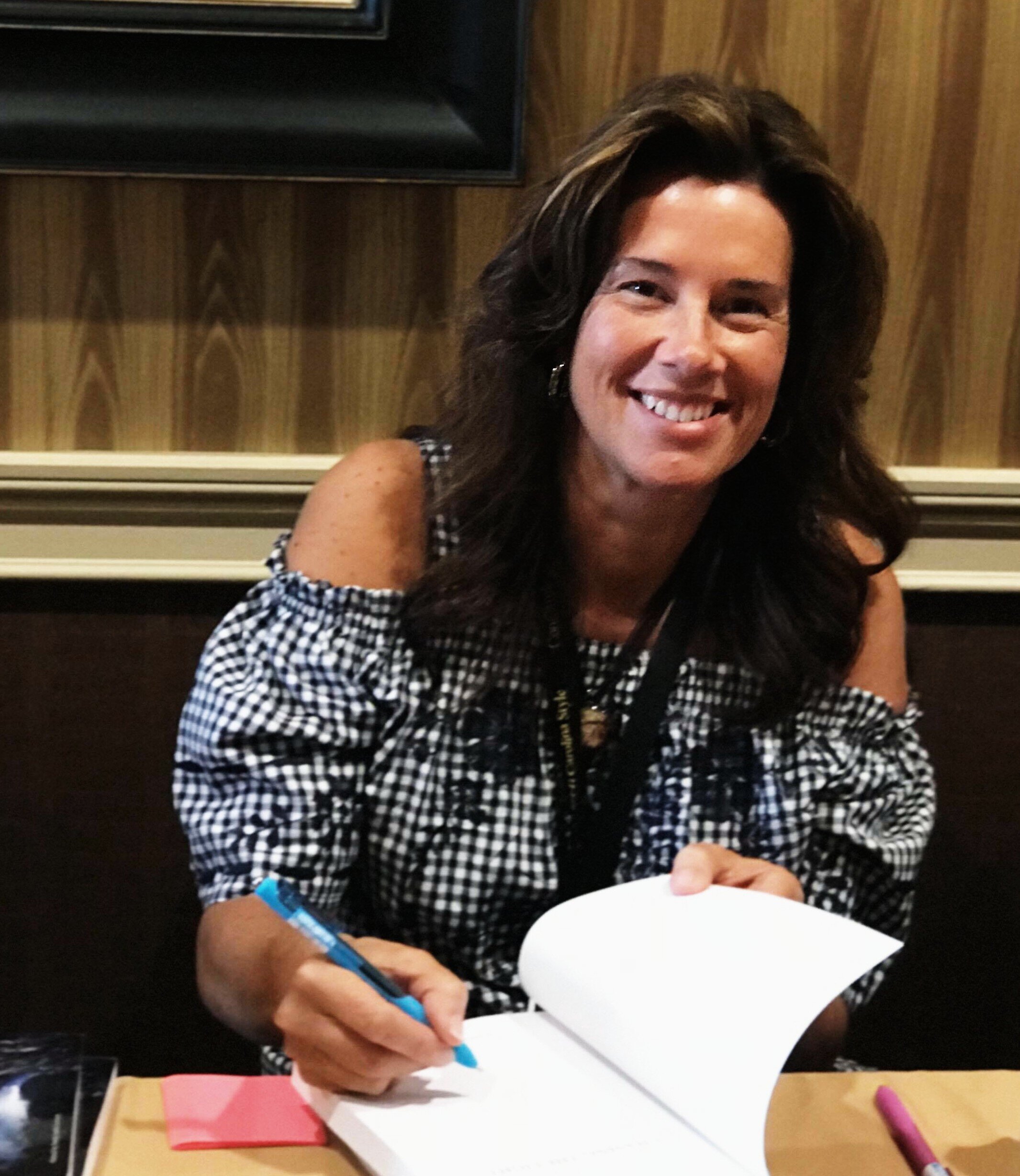It is my pleasure to host Janet Walden-West today! She’s another author with my publishing house, City Owl Press, and writes Contemporary, Paranormal, and Urban Fantasy. She’s a Pitch Wars alum and Pitch Wars mentor and is here to share with you some of the insights she’s learned from the query and submission process for new authors.
It’s a truth universally acknowledged that a writer in possession of a completed manuscript must be in want of an agent and/or book deal.
When the world is turned upside down, books and other forms of creative expression are especially important. It’s perfectly understandable if a writer’s reaction to the stress that is 2020 if stepping back from writing. However, it’s equally okay to dive even deeper into words as a form of self-care and therapy.
Keeping an eye on industry statistics shows that with people in self-quarantine, or venturing out far less and with fewer events available, book sales have picked up in some genres and formats. Readers are reading, agents are signing, and publishers are acquiring.
So for those of you wondering if it’s possible to query now, go for it. But learn from our, and other new writers’, mistakes.
In the past 13~ months, I’ve participated in a large mentoring program, as well as tried to pay it forward with manuscript reads, and critiques of query packets for multiple projects and relief auctions.
After going through well over two-hundred packets, I saw a number of issues and common problems that might result in an agent/editor rejection.
The very first is jumping into querying too soon. FOMO is a thing—I get it. Patience isn’t my friend either. However, agents and publishers will still be there, in some form, in a month, six months, a year.
My best advice is finding critique partners, and not just asking them to read for you, but swap manuscripts. From my group’s experiences, it can be much easier to spot problems with plots, character arcs, and pacing in someone else’s manuscript. Personally, my writing leveled up as much from identifying things done right and things gone wrong, and having that light bulb moment of identifying the same flaws in my story, as it did from actual reader critiques.
Along the same lines—unneeded prologues and slow first chapters. It’s difficult to overstate how important first pages are. Those few paragraphs are often all an agent reads before hitting send on a form rejection.
From my reads, in most cases the first pages were well written. But they did nothing to draw a reader in either because there was nothing but backstory going on, or the opposite and they started mid-fight. In the first instance, if there’s no anticipation, no tasty question of what happens next, readers will close the book. In the second, jumping into a life-or-death situation without giving readers an emotional attachment to or reason to empathize with a character can have the same result.
Aside from the manuscript, the next most common pitfalls involved the query.
Queries are no one’s favorite thing. They are tricky, frustratingly short, and utilize a different skill set than that of writing the story itself.
The biggest stumbling block I saw was confusing the query and synopsis. The query is the stage on which to showcase and tantalize, dropping juuust enough information to get the reader wanting to know how the central conflict plays out. Make sure to highlight the thing(s) that makes your story unique, or subverts the expected trope.
Save the point-by-point plot wrap-up for the equally dreaded synopsis. It’s incredibly difficult to get both voice and plot arc into a synopsis, especially the standard short synopsis. Best practice is to prioritize plot over pretty.
The final reason I identified was simply writers not understanding the genre they thought they were writing. Make yourself aware of expectations in your genre–happy ever afters/happy for now in romances, centering the heroine(s) journey in women’s fiction, resolving the main mystery in mysteries. As a loose rule of thumb, if you can’t find similar books to compare to yours in your genre, think about taking a beat and researching where your manuscript meets or fails to meet genre standards.
I hope my quick and dirty notes are helpful on the journey to publication.
Stay safe, y’all.
Janet Walden-West lives in the southeast with a pack of show dogs, a couple of kids, and a husband who didn’t read the fine print. A member of the East Tennessee Creative Writers Alliance, she is also a founding member of The Million Words craft blog. She pens diverse Urban Fantasy and inclusive Contemporary and Paranormal Romance.
A 2X PitchWars alum, 2019 Pitch Wars Mentor, and Golden Heart® finalist, her debut multicultural Contemporary Romance, SALT+STILETTOS, released in April 2020 from City Owl Press. She is represented by Eva Scalzo of Speilburg Literary Agency.Find her at:
Website: https://janetwaldenwest.weebly.com/
Facebook: https://www.facebook.com/janetwaldenwestauthor/Twitter: @JanetWaldenWest
Instagram: https://www.instagram.com/janetwaldenwest/
Amazon: https://www.amazon.com/Janet-Walden-West/e/B07DD9FNQ5/ref=dp_byline_cont_ebooks_1
Bookbub: https://www.bookbub.com/authors/janet-walden-west
Goodreads: https://www.goodreads.com/author/show/18062729.Janet_Walden_West
I’m over on her blog today too, talking about what I’ve learned as a debut author. Check it out!







